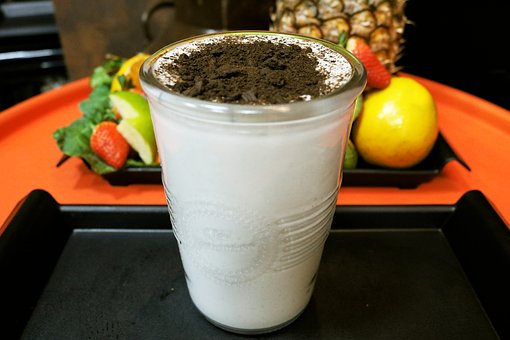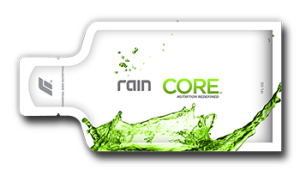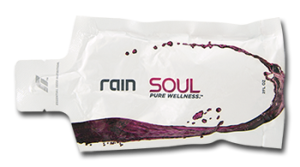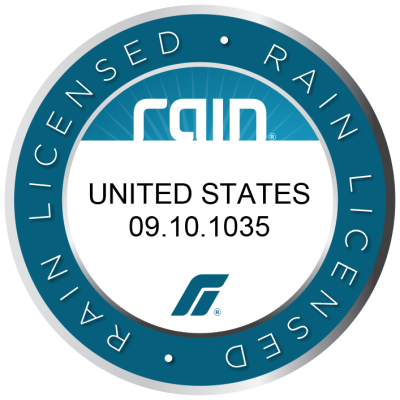Whey Verses Plant-Based Protein
What is the difference between whey and plant-based protein?
Chances are, you have not even thought about a plant or seed-based protein. Or if you have, you have heard they don’t taste very good. You are not a rabbit after all!!
Although, it is a well kept hidden gem that we are about to uncover in the world of proteins. Plant and Seed based proteins can be just as effective or more effective than whey protein in your exercise regimen. So is there a difference in whey and plant-based proteins??
What is Whey?
Whey is a by-product of the cheese manufacturing process and is the liquid that is left behind after milk is curdled and strained.
Since whey is derived from milk, lactose intolerance is one of the most common side effects from consuming whey. Whey is a common allergen and can have a bad effect on individuals who may be allergic to it.
 Whey is also notorious for causing bloating which is a symptom of the body’s inability to digest it. Symptoms related to digestive issues include abdominal pain, gas, bloating and diarrhea.
Whey is also notorious for causing bloating which is a symptom of the body’s inability to digest it. Symptoms related to digestive issues include abdominal pain, gas, bloating and diarrhea.
Whey is high in sulfur-based amino acids. This means that whey is acid forming which can cause significant calcium loss and weakening of the bones known as osteoporosis.
Since over-consumption of whey leads to increased acidity and lowered pH of the blood, it is believed that this may give rise to various kidney disorders.
How is Whey Protein Manufactured?
Whey is heavily processed. During processing, strong acids are used in the extraction process. These can damage proteins. Another extraction method weakens the amino acid profile and
Another extraction using the heat method weakens the amino acid profile and lessens BCAA count. Because of these processes, the protein source may contain a low concentration of protein or impurities and contaminants.
Most manufacturers fill their whey with artificial sweeteners, including, but not limited to sucralose, acesulfame, and potassium.
In multiple 2014 studies, many whey proteins were found to be much lower in actual count dues to “nitrogen spiking“.
What is Plant-Based?
Plant-based is a much easier digestible source of protein for humans without the side effects associated with whey protein.
Plant protein is perfectly packaged along with an abundance of phytonutrients, antioxidants, vitamins, minerals, and fiber—all critical components for optimal health and disease prevention. Blended plant-based protein provides a full spectrum of amino acids through complementary sources and is alkaline forming in the body.
Plant-based protein has an easy and rapid digestion. Most are vegan. Some are hypoallergenic, Gluten-free, Pure, a non-GMO source of protein. They do not contain antibiotics or steroids. Lastly, they are rich in antioxidants for faster recovery and increased muscle cell health.
How is Plant Protein Manufactured?
Most companies use a gentle, cold-press process free. The process is free of harsh chemicals such as bleach. Also free of high temperatures to preserve proteins, amino acids profile, and BCAA count.
Now What?
Now that you have some information check out our Rain Form Seed-Based Protein! For more info click here!
If you enjoyed this blog on the Whey Verses Plant-Based Protein click here for more!







